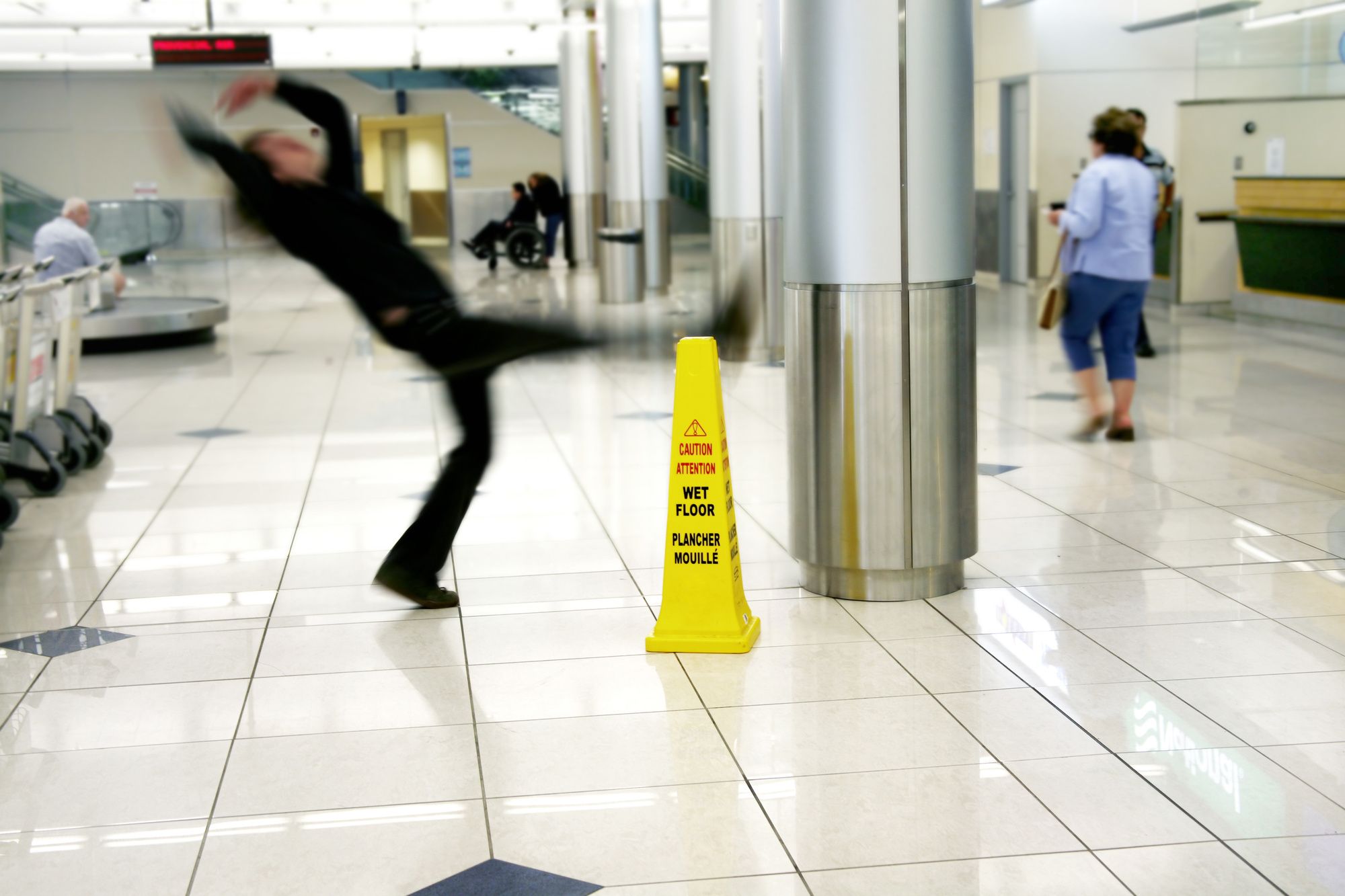
7 Steps to Take for Recovery After Slip and Fall Accidents
Did you know that falls account for eight million hospital room visits every year? That makes falls the leading cause of hospitals. Meanwhile, slip and fall accidents account for 1 million, or 12% of all visits.
It’s more than “being a little clumsy.” If you tripped and fell at work, it could cause a number of short- or long-term injuries.
You might even miss work.
Don’t let a slip and fall accident redefine your life. Instead, keep reading to discover the seven steps you need to take after an accident.
With these tips, you can recover and get the compensation you deserve.
Start yourself on the right path with these seven steps.
1. Seek Medical Attention
In a single year, 697 workers died due to slip and fall accidents. You might not even realize how bad your injury is until days, or even weeks, after the accident.
If you trip and fall on the job, the first thing you need to do is seek medical attention.
A medical professional will ensure your health and safety. They’ll also assess your injuries and keep a medical record of their findings. You can then use their professional assessment to benefit your case.
A professional doctor’s review of your injuries will become an important component of your slip and fall lawsuit.
Without this assessment, the defense will try to dismiss your injuries. They might even claim that you made your injuries up to receive compensation. A doctor can appear for your case to prevent the defense from claiming you were injured another way.
2. Gather Evidence
After the slip and fall incident, make sure to start gathering evidence. Start by inspecting the scene.
What caused you to fall? Some accidents on the stairs are caused by uneven tiers.
If you slipped on a tile floor, were there any wet floor signs? Was there water on the floor, or an obstruction. Did you trip over a wire?
Look around. Pinpoint the cause of your fall as soon as possible.
If you’re not badly injured, make sure to take photos of the scene using your phone. Photo evidence will ensure a jury doesn’t have to visualize the scene. It will also provide you with evidence to benefit your case.
Take photos of the area where you fell. You should also take pictures of the floor and what you think caused the fall.
These photos can help support your side of the story.
While you’re still at the scene, see if there were any witnesses. Witnesses to slip and fall accidents can support the lawsuit with their firsthand accounts.
Did any employees or customers see what happened? Ask if they’re comfortable giving a statement. Make sure to get their name and contact information.
Your attorney can follow up with these witnesses to ask them for a detailed statement.
Check the scene, take photos, identify witnesses
3. Take Notes
Immediately after your fall, make sure to take thorough notes.
You might forget what happened in the hours or days following your accident. Taking notes immediately after your fall will ensure you don’t forget anything.
Keep all of your records in one place. That includes any names, addresses, phone numbers, and emails you’ve gathered from witnesses. Keep all of your photos together, too.
Write down everything you were doing right before the accident.
Then, make a note of how you feel, what you believe you fell on, and any other relevant details. Jot down the time and date, too.
Next, place the shoes and clothing you wore when you fell in a safe storage space. Your lawyer might need this evidence as a part of your case.
4. Make Official Reports
Make sure to report the accident immediately after it happened. It doesn’t matter where the slip, fall, or trip occurred. It’s still important to make an official report.
You might want to speak with a manager or owner instead of an employee.
Make sure to get all the pertinent details of the incident in writing. Ask the manager or owner to complete an official, written report for you. Don’t embellish.
Instead, provide only vital information as to what happened. Then, request a copy before you leave.
Having someone else complete the official report will work in your favor. Otherwise, you might not have a case. Filing an official complaint with the business will show others that you took the accident seriously when it happened.
5. Speak with a Lawyer
Many slip and fall accidents would end differently if people knew to call their lawyers.
Most businesses will want to pay you as little as possible. Meanwhile, an insurance company might take what you say out of context. A lawyer can ensure you have someone at your side who can handle the negotiations and represent your best interests.
The best accident lawyers will have specific experience with slip and fall accidents. They’ll have knowledge about the process, recent cases, and procedures that can benefit your case.
An experienced lawyer will help build your claim and maximize your recovery. They’ll help you explore your legal options so you can make fact-based decisions about your case.
6. Decline Giving Additional Statements
After giving your official statement, limit your communication with the property owner or manager.
Make sure to avoid posting any details about your accident online. Instead, let your lawyer handle any future communications. Make sure not to say anything that downplays your injuries or suggests you were somehow at fault.
Avoiding casting blame or making negative comments, too.
Otherwise, saying the wrong thing to the wrong person could hurt your claim.
7. Remain Vigilant
You might hear from an insurance adjuster after your slip and fall accident. They’ll want to determine how to pay you as little as possible.
Make sure to speak with your lawyer about how to handle these conversations. You can also refer all questions to your attorney to avoid complications.
Don’t sign anything presented by an insurance representation without your lawyer’s review, either.
Don’t Slip Up: 7 Steps for Recovery After Slip and Fall Accidents
Don’t slip up and take the wrong steps! Instead, use these seven steps for recovery. With these tips for slip and fall accidents, you can take the safe path and receive compensation following the incident.
Your fight is our fight. Contact us today to discuss the specifics of your case.
